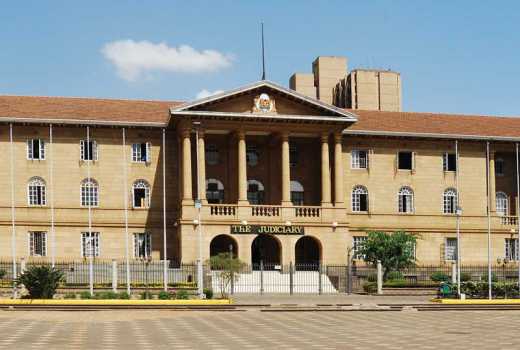×
The Standard e-Paper
Home To Bold Columnists

It is disheartening that at the end of 2017, there were 533,350 cases were still pending determination at various courts across the country. Some of them concerned life and death (literally), a lot others involved multi-billion shilling disputes which can be unlocked and injected back into the economy.
Despite the transformation going on in the Judiciary, the high number of unresolved cases remains the elephant in the room. The justice system must be unclogged so as to play its part in nation-building.